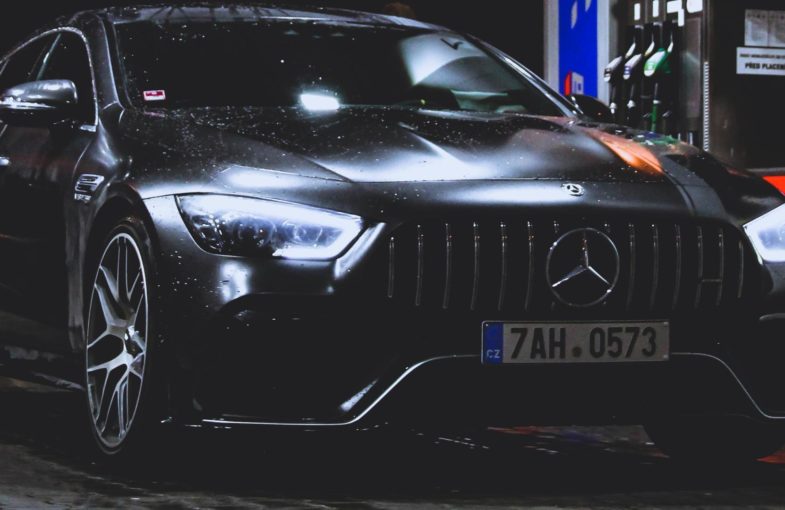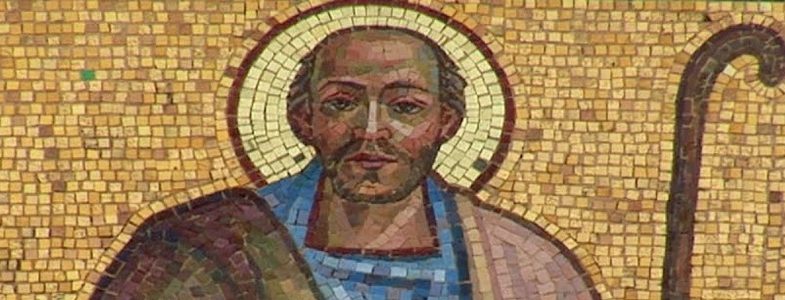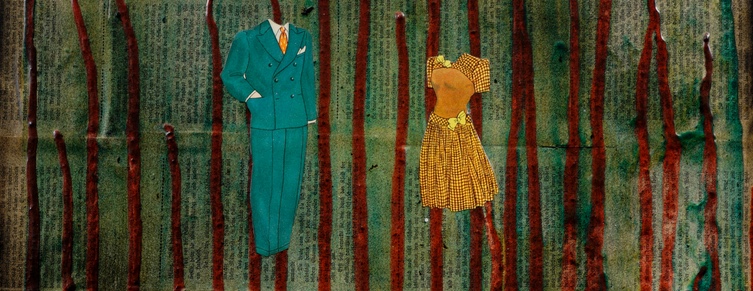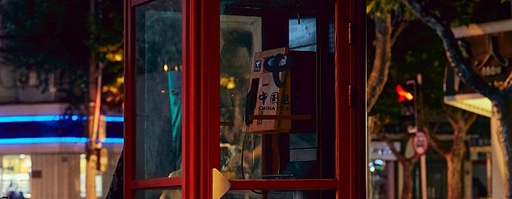I only stared at Satre, wondering if he had lost his mind. Outside of the horsewhipping that he gave to Mitnick, this was the most emotion I had ever seen out of him. Both instances, some part of me noted, involved the other gangster.
After an uncomfortably long minute, Sartre wiped a tear away and said, “Perhaps they are smarter than I thought. How would they do such a thing?”
I tried not to stare at Sartre, but to just report with the same feigned indifference of a soldier making report to an insane dictator. “They think if they get a message to her on behalf of Lanzo she’ll sneak out and come to them. But instead of a romantic rendezvous they grab her.” I guessed at that last part, but it suited their style.
“And hide her away somewhere in our fair city while Mitnick loses his mind.” Sartre covered his lips as he said this, stifling more laughter.
“Until he gives up some prescribed amount of money.” With Sartre returning to a reasonably sane state, I still felt like the adult in the room. I didn’t like it.
Sartre peered out his window into the night’s blackness, recovering his composure. “And what does Lanzo think of this plan?”
The same question had occurred to me and I wondered what Sartre’s motivations were for asking it. Was it because the Corsican might be a possible complication? Or because he felt something for the boy? Unsure, I answered honestly, “I don’t think he knows about it. I suspect his buddies may do their best to dress it up as a rescue attempt if that’s what it takes to get him to go along.”
Face in profile against the distant lights of the loading dock, Sartre gave a ghost of a smile. Whatever that meant, he kept it to himself. “And what do you think of this plan?”
“I think it’s dangerous.”
A sardonic specter of Sartre’s grin floated its way over to me. “All profitable efforts are.”
I nodded, acknowledging the truth of the statement. “I think it’s doomed to failure without your assistance. It might be doomed anyway and I think you need to be prepared for Mitnick finding out you were involved.” Partly out of not wanting to be presumptuous and partly out of the hope he might not I added, “If you decide to get involved.”
Sartre turned to stare at me with his grey eyes, piercing in that half-light to a level of physical discomfort. That was something I was accustomed to, though, so I waited until Sartre gave a final laughing grunt that shook all of him but his gaze. “It would be great fun,” he concluded, presumably speaking of tweaking Mitnick’s nose. “C’est pas le moment. Tell them ‘no’.”
I nodded, trying not to show my relief. Thinking of the Citroen, I decided to throw in another wrinkle. “What do you want me to tell Atwell?”
Sartre eyes flared up, the ghost of his expression becoming a heated reminder of his anger from the casino. “He must know of this?”
I shrugged, letting my powerlessness work to my advantage for once. “If he becomes unhappy with me, I go back to prison.” I was, after all, receiving payment for services rendered. In that way, I wasn’t all that different than the other players in this fiasco.
In an echo of Mitnick’s actions, Sartre reached into his blazer pocket and removed a large wad of euros. Peeling off a number of bills, he held them out in the air between us. “Atwell does not need to know for now. Perhaps what you have learned about Mitnick will keep him happy for a time.”
I eyed the money then brought my stare back to Sartre, feeling an old familiar anger begin to simmer inside me. I had liked him once – his old school cool that swung to a crazy angry, his insistence on remaining his own man, his indifference to rumors that the town produced about him. But this was a good reminder he wasn’t any different than Mitnick, or Atwell. I was the same as the women, or the police, or anyone else in this town, a thing to be bought and sold. I sat there and let myself feel that anger until it might have been dangerous to not do something else.
I took the money, folding the bills into a wad I could fit in my pocket. I noted it was large enough that it would still produce an “are you happy to see me” bulge for anyone paying attention. The money secured away, I nodded at Sartre while I made multiple decisions at once. Instead of voicing any of that I said, “OK. I’ll let Jasper know when I’ve spoken to them.”
Sartre nodded, smiling a smile that was meant to indicate happiness, but held none. “Good, good.”
Sensing that was all that Sartre wanted for now, I spoke before the car door opened. “Mitnick asked if I knew where Sergei was. He knows he’s not in that pipe anymore.”
The specter of anger rose back into Sartre’s eyes, a hostility at a perhaps not unexpected wrinkle. “What did you tell him?”
“I didn’t. I asked about Nika and got these bruises.” I shrugged, finally giving into the urge in a calculated move to seem ineffectual. “Besides, I think he knows where he is.”
Sartre passed over my comment about Nika, his grey eyes becoming lidded with suspicion, uncertain of this new information. “Why do you say this?”
“Just in the way he asked.” I shrugged again. Now that I had given in, it was impossible to control the impulse. “I mean, he asked if I knew where Sergei was. How did he even know I knew about Sergei?”
Sartre gave this a long, slow thought. “It is good you told me this.” He gestured to a rook, unseen beyond the tinted glass, standing in the night. The car door popped open with the sound of a vacuum seal.
I grinned, an idiot happy to help. Stepping out of the car, I turned around to give Sartre a grin, patting the money in my pocket. “I think I’ll take the rest of the night off.” Without waiting for a reply I started to walk down the road instead of back to the casino. Stuffing my hands in my pockets, I tried to put a spring into my step, like any loser done good.
A minute later, perhaps enough time for some hurried consultations and instructions, the blue-white headlights of all three sedans sped by me, splashing me slightly from the water that had collected on the road. I stood there, watching the cars fade away, feeling the dirty water soak into my work pants. Cheryl’s voice mentioned that it might stain.
If I had any second thoughts about what I was going to do next they evaporated right there, covered as I was by others’ inconsideration. Once I was certain that there was enough distance that I wouldn’t be seen, instead of running home or going inside to wash the leg out, I broke into a sprint, headed towards the yellow Citroen.
Atwell was too busy watching Sartre’s party leave to notice me until I had ripped open the passenger side door and dropped in like a wrecking ball. I would have liked to take a moment to enjoy his surprise, but instead I growled at him, “Follow those cars.”
To read the next chapter, go here.
To read the previous chapter, go here.
See the author’s published work here.
Read More »
























